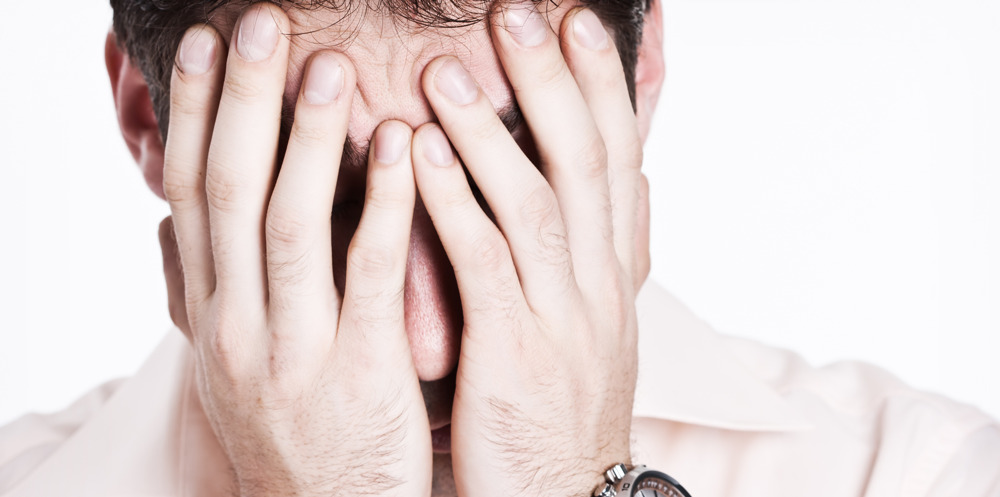When you think of OCD, what comes to mind? Probably thoughts of perfectionism and cleanliness. But another emotion’s often associated with OCD: shame. In this blog post, we’ll explore the link between OCD and shame, and how both emotions can interfere with daily life. If you’re struggling with OCD or shame, please know that you are not alone. There is help available, and you can get your life back on track.
Contents
What Is OCD?
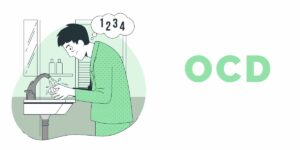 OCD is an anxiety disorder that is characterized by repetitive, intrusive thoughts (obsessions) and/or behaviors (compulsions). People with OCD often experience excessive worry and fear about things that are unlikely to happen. For example, someone with OCD might be afraid of contracting a disease even though they are not exposed to any sick people.
OCD is an anxiety disorder that is characterized by repetitive, intrusive thoughts (obsessions) and/or behaviors (compulsions). People with OCD often experience excessive worry and fear about things that are unlikely to happen. For example, someone with OCD might be afraid of contracting a disease even though they are not exposed to any sick people.
OCD is a debilitating condition that can interfere with all aspects of a person’s life. It is estimated that OCD affects about two percent of the population. OCD can also be comorbid with other conditions, such as depression and anxiety.
What Is Shame?
 Shame is an intense feeling of embarrassment or humiliation. Also, Shame is different from guilt, which is the feeling of remorse for something you have done. Shame is a more global feeling that can be hard to shake. When someone experiences shame, they often feel like they are not good enough or worthy of love and acceptance.
Shame is an intense feeling of embarrassment or humiliation. Also, Shame is different from guilt, which is the feeling of remorse for something you have done. Shame is a more global feeling that can be hard to shake. When someone experiences shame, they often feel like they are not good enough or worthy of love and acceptance.
Shame also means that you believe you are defective in some way. Shame can be incredibly debilitating and can lead to social isolation, depression, and anxiety.
Relationship Between OCD And Shame

The relationship between OCD and shame is not as clear-cut as one might think. On the surface, it would seem that shame would be a natural by-product of OCD; after all, OCD is often characterized by intrusive, unwanted thoughts and compulsions that can be both embarrassing and time-consuming. And while there is no doubt that many people with OCD do experience shame, research suggests that the link between OCD and shame may not be as direct as previously thought.
One study found that people with OCD were more likely to experience ” ego-dystonic” compulsions; in other words, their compulsions were at odds with their values or beliefs. For example, a person with OCPD might feel compelled to wash their hands excessively, even though they know that doing so is unnecessary and time-consuming. This dissonance between one’s actions and personal values can lead to feelings of shame.
Other research has found that people with OCD are more likely to experience ” anticipatory anxiety;” in other words, they worry about the potential consequences of their compulsions. For example, a person with OCD might be afraid of embarrassing themselves in public if they give in to their compulsive urges. This fear of embarrassment can also lead to shame.
So while there may be a link between OCD and shame, it is not as direct as one might think. Shame is more likely to be a by-product of the disorder, rather than a symptom of it.
Common Signs of OCD And Shame
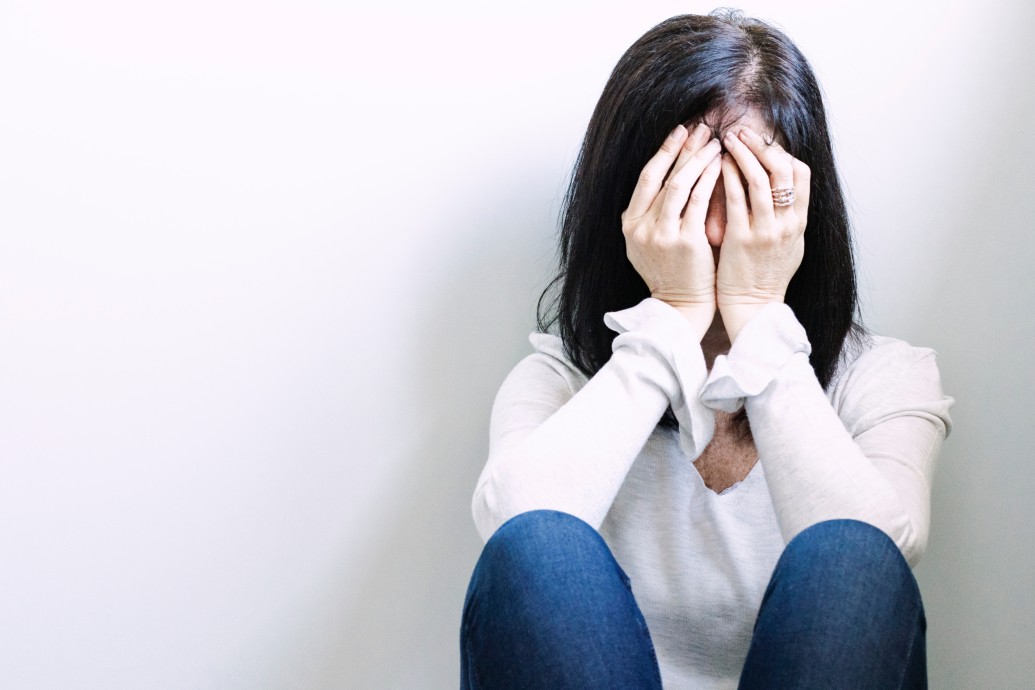
There are many common signs of OCD and shame. Some people may experience one or more of these signs, while others may not experience any at all. The most common sign of OCD is an intense feeling of anxiety or discomfort that arises when someone is faced with a situation that they fear or dread. This fear can be so strong that it leads to avoidance behavior, such as avoiding certain places or activities. Other common signs of OCD include compulsions, which are repetitive behaviors that someone feels compelled to do to relieve their anxiety, and intrusive thoughts, which are unwanted and often disturbing thoughts that repeatedly enter a person’s mind.
Shame is another emotion that is often experienced by people with OCD. Shame is an intense feeling of embarrassment, humiliation, or worthlessness. It is often accompanied by a strong desire to hide or avoid the situation that caused the shame. People with OCD may feel ashamed of their thoughts, behaviors, or appearance. They may go to great lengths to hide their symptoms from others and may avoid seeking help for fear of being exposed.
If you or someone you know is experiencing any of these signs, it is important to seek professional help. OCD and shame can be debilitating emotions, but there are effective treatments available. With proper treatment, people with OCD can learn to manage their symptoms and live full and productive lives.
Impacts of OCD And Shame
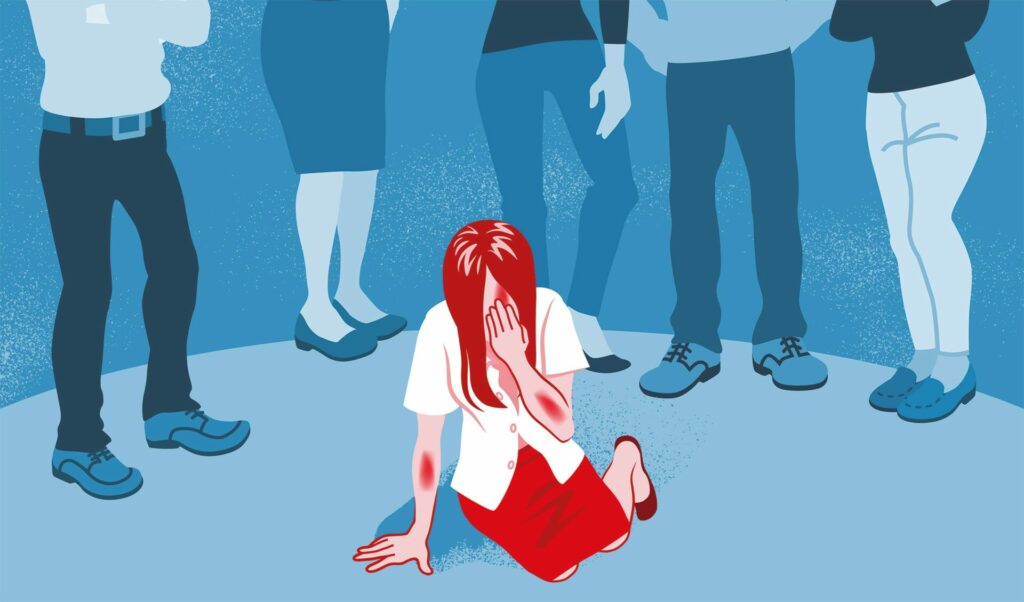
There can be many impacts of OCD and shame. For some, it may be that their OCD leads to them feeling ashamed of themselves and their compulsions. Others may feel ashamed of how their OCD makes them act in public or around others. Still, others may feel ashamed of the things they obsess over or are afraid of. And finally, some people with OCD may be so consumed by shame that they develop suicidal thoughts or behaviors.
These impacts also have the potential to worsen OCD symptoms. For example, if someone with OCD is feeling ashamed of their compulsions, they may be more likely to avoid treatment or talk about their OCD with others. Additionally, shame can lead to social isolation, which can make it harder to manage OCD symptoms.
There may be many impacts of shame and OCD, but with proper treatment, people can learn to manage their symptoms and live fulfilling lives. If you or someone you know is struggling with OCD, please reach out for help.
Treatment of OCD And Shame
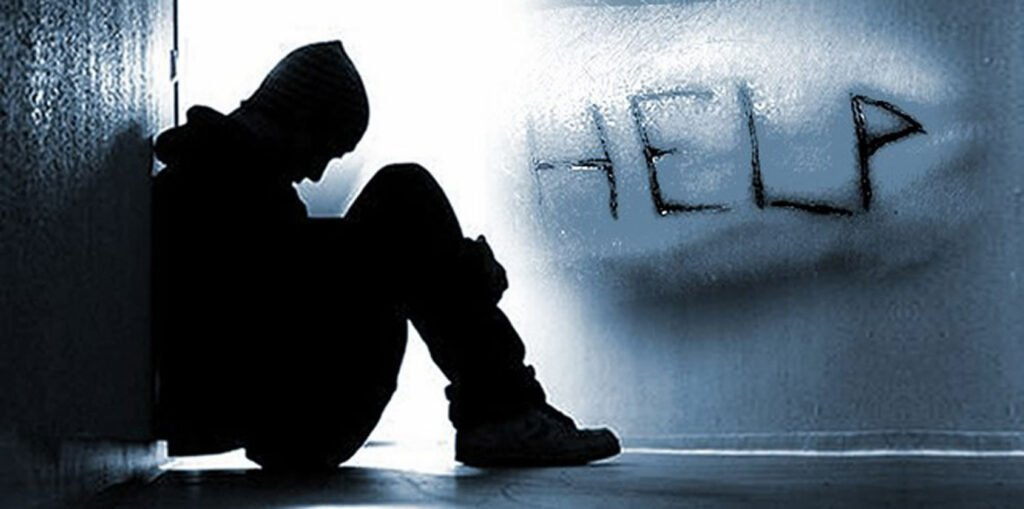
Treating OCD and shame can be a complicated process. To treat both, it is important to understand the link between the two emotions.
Shame is often at the root of OCD. Individuals with OCD may feel ashamed of their thoughts, behaviors, and appearance. This shame can fuel the compulsions and rituals that are associated with OCD. To effectively treat OCD, it is important to address the shame that is driving the disorder.
There are several ways to address shame in treatment. Some of these are:
Medications
Medications are one way to help reduce the intensity of shame. Antidepressants, for example, can help to lessen the negative emotions associated with OCD and shame. Some of these medications also have a calming effect, which can help reduce the anxiety that often accompanies OCD.
Cognitive-behavioral therapy
Cognitive-behavioral therapy (CBT) is a type of therapy that helps individuals to change their thinking patterns. CBT can help individuals with OCD to reframe their thoughts in a more positive light. This can help to reduce the shame that they feel about their disorder.
Exposure and response prevention
Exposure and response prevention (ERP) is a type of behavioral therapy that involves exposure to the things that trigger OCD symptoms, without engaging in compulsions or rituals. This treatment can help individuals to learn to cope with their symptoms without resorting to compulsive behaviors. ERP can also help to reduce the shame that is associated with OCD.
Acceptance and commitment to therapy
Acceptance and commitment therapy (ACT) is a type of therapy that helps individuals to accept their thoughts and feelings, without judgment. This can help reduce the shame that is often associated with OCD. ACT can also help individuals to learn to cope with their symptoms more constructively.
Support groups
Support groups are another way to address the shame that is associated with OCD. These groups provide a safe and supportive environment for individuals to share their experiences and connect with others who understand what they are going through. Support groups can also provide information about treatment options and resources. There may be many different types of support groups available, including online groups.
Self-Care
An important part of reducing shame is to practice self-care. This includes taking care of oneself physically, emotionally, and mentally. Self-care can help to reduce the stress and anxiety that often accompany OCD and shame. Some self-care activities that may be helpful are:
- Exercise
- Relaxation techniques
- Healthy eating
- Getting enough sleep
- Connecting with supportive people
These are some of the ways that shame can be addressed in treatment. It is important to work with a qualified mental health professional to create a treatment plan that is right for you.
Conclusion
OCD and shame are two emotions that are often linked together. People with OCD often feel shame about their thoughts and behaviors, and this can lead to a vicious cycle of OCD symptoms. If you or someone you know is struggling with OCD, it’s important to seek professional help. Treatment can help break the cycle of OCD and shame and allow people to live more fulfilling lives.
If you or someone you care about is suffering from obsessive-compulsive disorder, don’t hesitate to reach out for help. With proper treatment, individuals with OCD can learn to manage their symptoms and live happier, more productive lives. There are many resources available for people with OCD, including online support groups, therapy options, and medication treatments. Don’t suffer in silence – reach out for help today. Your mental health — Your psychological, emotional, and social well-being — has an impact on every aspect of your life.
Hope this article was of help to you! If you are suffering from OCD and shame, you may seek help from Therapy Mantra. We have a team of highly trained and experienced therapists who can provide you with the tools and skills necessary for overcoming OCD and shame. Contact us today to schedule an online therapy or download our free OCD treatment app on Android or iOS for more information.
